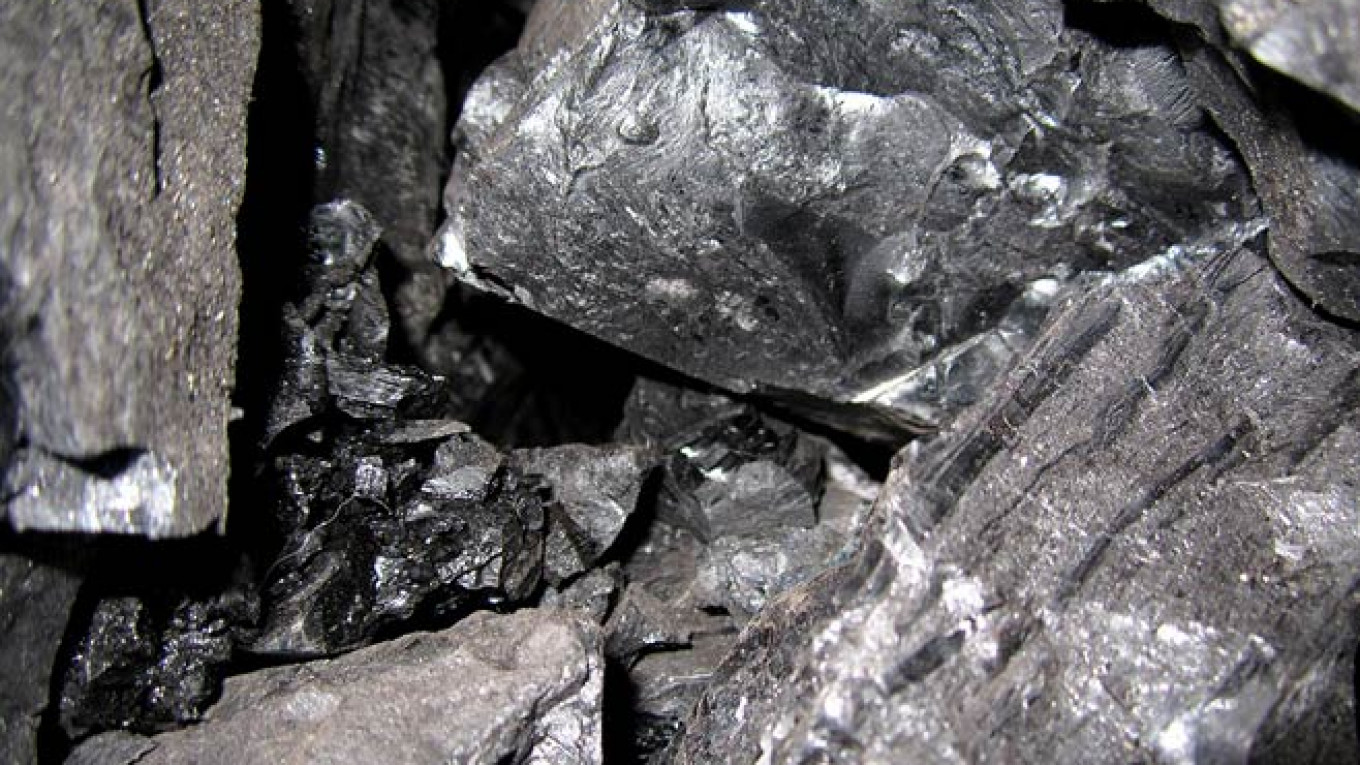With increased tensions in eastern Ukraine, home of the coal basin in the Donetsk and Luhansk regions, the energy future of the country seems as bleak as ever.
Despite being Europe's preferred alternative to Russian gas, coal does not often receive much spotlight. Ironically, most of Europe's growing coal import comes from Russia anyway.
If the eastern regions of Ukraine were ever to shift to Russia's orbit, Ukraine could potentially lose control of 45.6 percent of its coal reserves.
In 2011, the International Energy Agency showed that Ukraine used coal to generate 38 percent of its electricity and 13 percent of its heat sources. The loss of the Donets coal basin, which is three times as large as the Ruhr coalfield in Germany, would be a substantial economic blow to Ukraine. Unless Poland can somehow manage to boost its fledgling shale gas sector or complete liquefied natural gas terminals, it is unlikely that Ukraine's coal-rich northwestern neighbor can help.
Along with the impressive Donets coal basin, Luhansk is also home to the most advanced coking plants in the Commonwealth of Independent States. These plants are pivotal in metallurgy operations in Donetsk, making Russia's alleged dual moves into both regions extremely pragmatic — particularly given Russia's obsession with including Ukraine, or at least parts of it, in the Eurasian Union.
While Ukraine also has a strong agricultural sector already closely linked to Russia, Belarus and Kazakhstan have been increasing their agricultural productivity. This will help to mitigate agricultural influence from Ukraine, notwithstanding Belarus and Kazakhstan's agricultural sector's high sensitivity to international financial fluctuations.
With pro-Russian oligarchs at the helm, it should not be surprising that many of eastern Ukraine's coal workers have joined the fight for autonomy from Kiev. Although complaints of safety and illegal mines have been increasing since privatization efforts, these remain aimed at the federal government and not their employers.
The potential loss of Ukraine's eastern coal regions would be a significant blow to Ukraine's gross domestic product, potentially lowering it by 20 percent. At the same time, however, the loss of the inefficient Soviet-era manufacturing sector would improve Ukraine's ability to adapt to European Union quality control standards.
Joe Parson is a Moscow-based analyst covering international energy relations in Eurasia.
A Message from The Moscow Times:
Dear readers,
We are facing unprecedented challenges. Russia's Prosecutor General's Office has designated The Moscow Times as an "undesirable" organization, criminalizing our work and putting our staff at risk of prosecution. This follows our earlier unjust labeling as a "foreign agent."
These actions are direct attempts to silence independent journalism in Russia. The authorities claim our work "discredits the decisions of the Russian leadership." We see things differently: we strive to provide accurate, unbiased reporting on Russia.
We, the journalists of The Moscow Times, refuse to be silenced. But to continue our work, we need your help.
Your support, no matter how small, makes a world of difference. If you can, please support us monthly starting from just $2. It's quick to set up, and every contribution makes a significant impact.
By supporting The Moscow Times, you're defending open, independent journalism in the face of repression. Thank you for standing with us.
Remind me later.






